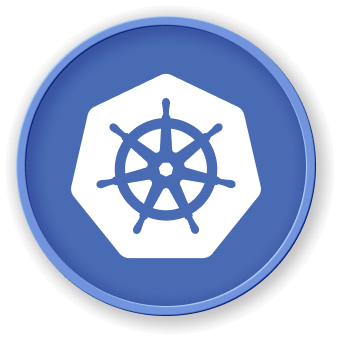Kubernetes Networking Fundamentals
Kubernetes provides a powerful networking model that enables seamless communication between containers, pods, and services within a cluster. In this section, we will explore the fundamental concepts of Kubernetes networking, including container ports, service ports, node ports, and target ports, and how they work together to facilitate connectivity in a Kubernetes environment.
Container Ports
Containers in Kubernetes have their own internal ports that are used for communication within the container. These ports are defined in the container's image or in the pod specification. When a container is created, these internal ports are exposed and can be accessed by other containers within the same pod or by services that target the pod.
apiVersion: v1
kind: Pod
metadata:
name: my-app
spec:
containers:
- name: my-container
image: my-image
ports:
- containerPort: 8080
In the example above, the container has an internal port 8080 that can be used for communication within the container.
Service Ports
Kubernetes services provide a way to abstract the network connectivity to a set of pods. A service has its own IP address and port, which can be used by other parts of the application to access the pods behind the service. The service port is the port that clients use to access the service.
apiVersion: v1
kind: Service
metadata:
name: my-service
spec:
ports:
- port: 80
targetPort: 8080
selector:
app: my-app
In this example, the service has a port of 80, which clients can use to access the pods behind the service. The targetPort is the port on the pods that the service will forward traffic to.
Node Ports
Node ports are a special type of service that exposes a service on a specific port on each node in the cluster. This allows external clients to access the service from outside the cluster by connecting to the node's IP address and the node port.
apiVersion: v1
kind: Service
metadata:
name: my-nodeport-service
spec:
type: NodePort
ports:
- port: 80
targetPort: 8080
nodePort: 30000
selector:
app: my-app
In this example, the service has a node port of 30000, which can be used by external clients to access the service.
Target Ports
The target port is the port on the pods that the service will forward traffic to. This allows the service to abstract the internal port of the containers and provide a consistent interface for clients to access the application.
By understanding these fundamental networking concepts in Kubernetes, you can effectively design and deploy your applications within a Kubernetes cluster, ensuring seamless communication and connectivity between containers, pods, and services.



